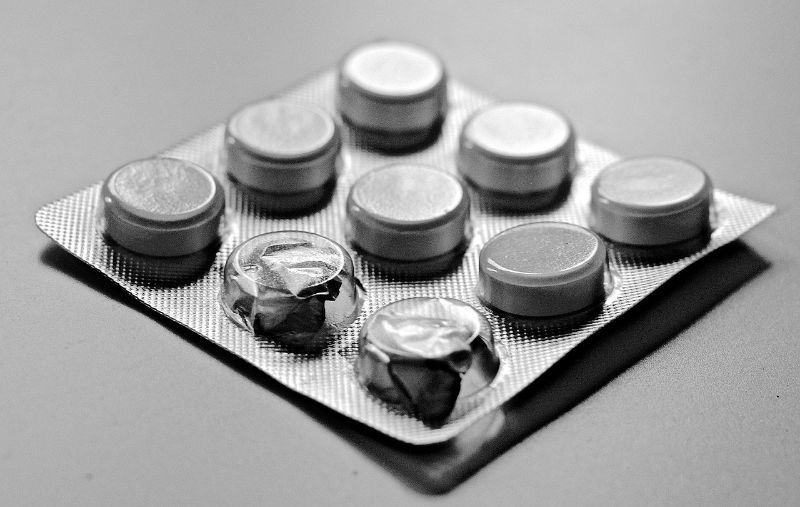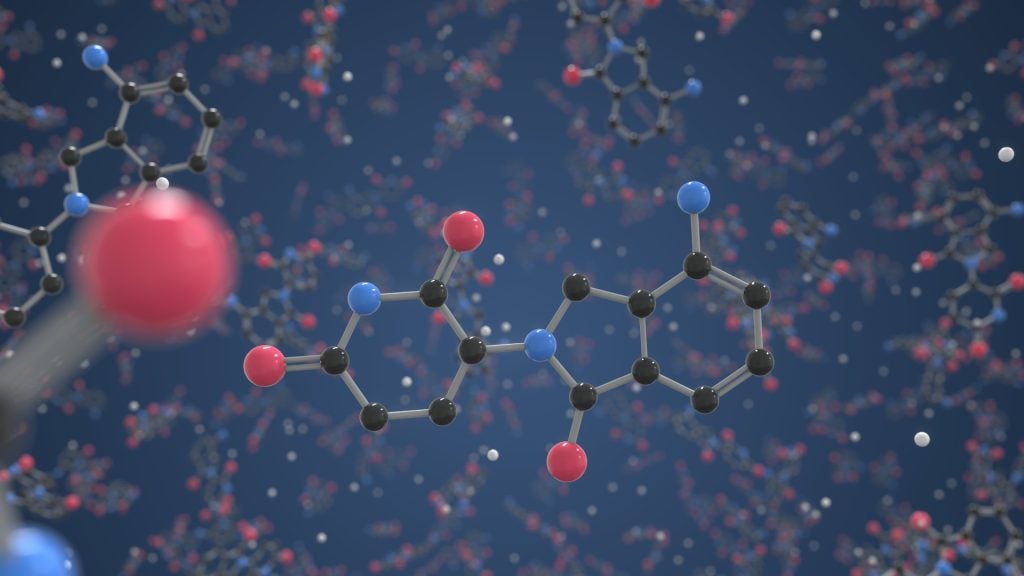
Researchers at the University of Pennsylvania’s Perelman School of Medicine have initiated a clinical trial to assess the use of anti-malarial drug hydroxychloroquine for the treatment of Covid-19.
The trial, named PATCH, will evaluate if the drug can prevent infection from the novel coronavirus. It is being conducted as three different sub-studies.
PATCH sub-study 1 is designed to compare hydroxychloroquine to placebo in infected patients under quarantine at home. The primary objective of this sub-study is a decrease in the number of quarantine days.
To be released from quarantine, patients must not have had fever for 72 hours and must have experienced an improvement in their symptoms. Seven days must also have passed since the symptoms first appeared.
PATCH sub-study 2 will compare a high dose and low dose of the drug in hospitalised patients. The primary goal is a reduction in the time to discharge from hospital.
How well do you really know your competitors?
Access the most comprehensive Company Profiles on the market, powered by GlobalData. Save hours of research. Gain competitive edge.

Thank you!
Your download email will arrive shortly
Not ready to buy yet? Download a free sample
We are confident about the unique quality of our Company Profiles. However, we want you to make the most beneficial decision for your business, so we offer a free sample that you can download by submitting the below form
By GlobalDataPATCH sub-study 3 will compare hydroxychloroquine and placebo prophylactically in healthcare workers who come into contact with Covid-19 patients. This sub-study will involve 200 workers.
Sub-studies 1 and 3 are double-blind and placebo-controlled. The trial protocol allows a crossover to the drug in the event that the participants’ condition worsens on placebo.
Study principal investigator Ravi Amaravadi said: “We know HCQ can be an effective anti-viral in a lab setting, but despite recent public conversation, there is no definitive evidence it can work in humans infected with Covid-19.
“It is our hope that this trial will provide critical evidence as to whether this drug may be effective in combating the current pandemic.”
Earlier this month, Duke Clinical Research Institute announced plans to trial hydroxychloroquine to prevent Covid-19 in healthcare workers at risk of infection.
The Healthcare Worker Exposure Response and Outcomes (HERO) research programme is designed to gather the drug’s safety and efficacy data.






